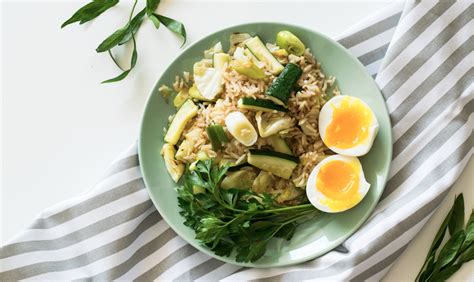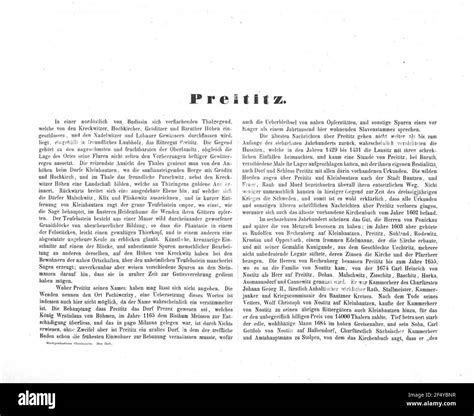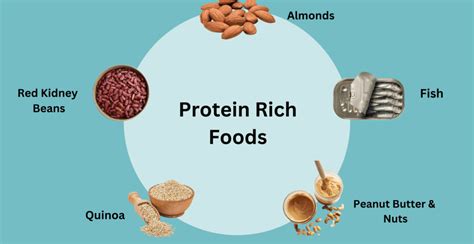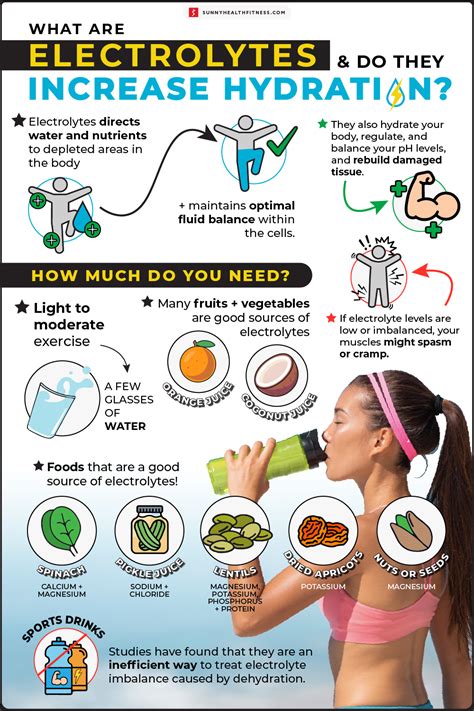Optimal pre/post-workout nutrition for peak muscle growth & sustained energy?

Achieving peak muscle growth and sustaining high energy levels throughout your workouts isn’t just about what you do in the gym; it’s profoundly influenced by what you consume before and after your training sessions. Strategic pre and post-workout nutrition provides the necessary fuel for performance, prevents muscle breakdown, and accelerates recovery and growth. Understanding the science behind nutrient timing and macronutrient selection is key to unlocking your full potential.
Fueling Up: The Importance of Pre-Workout Nutrition
Your pre-workout meal or snack serves as the foundational energy source for your exercise session. Its primary goals are to top off glycogen stores, prevent muscle catabolism (breakdown), and ensure sustained energy and focus. Consuming the right nutrients 1-3 hours before your workout can significantly impact your performance and endurance.

Carbohydrates: Your Primary Energy Source
Complex carbohydrates, such as oats, whole-grain bread, sweet potatoes, or fruit, are crucial for replenishing muscle glycogen, your body’s preferred fuel during intense exercise. Aim for 0.5-1 gram of carbs per kilogram of body weight, depending on your workout intensity and duration. Simple carbs can be beneficial closer to the workout for a quick energy boost, but complex carbs provide a more sustained release.
Protein: Muscle Protection
Including a moderate amount of protein (e.g., lean chicken, eggs, Greek yogurt, protein powder) in your pre-workout meal helps to minimize muscle damage during exercise and initiates the repair process earlier. Approximately 20-30 grams of protein can be beneficial. Protein also helps to keep you feeling full and provides amino acids for muscle synthesis.
Fats: Use Sparingly
While healthy fats are vital for overall health, they slow down digestion. If your pre-workout meal is close to your training time (within an hour), it’s best to limit fat intake to avoid gastrointestinal discomfort. For meals 2-3 hours out, a small amount of healthy fats (e.g., avocado, nuts) can be included for satiety and sustained energy, but prioritize carbs and protein.

The Anabolic Window: Post-Workout Recovery & Growth
What you eat after your workout is just as critical as what you eat before. The post-workout period is when your body is primed for recovery and growth. The “anabolic window,” while not as narrow as once thought, still represents an optimal time to kickstart muscle repair, glycogen replenishment, and protein synthesis. Aim to consume your post-workout meal within 30-60 minutes, though benefits extend for several hours.
Carbohydrates: Replenish Glycogen
After intense exercise, your muscle glycogen stores are depleted. Consuming fast-digesting carbohydrates (e.g., white rice, fruit, dextrose) helps to quickly replenish these stores, which is vital for recovery and preparing for your next session. Aim for 0.8-1.2 grams of carbs per kilogram of body weight.
Protein: Repair & Build
Protein is paramount for muscle repair and growth after training. Intense exercise causes micro-tears in muscle fibers, and protein provides the amino acids needed to rebuild and strengthen them. A dose of 20-40 grams of high-quality protein (e.g., whey protein, lean meats, fish) is ideal to stimulate muscle protein synthesis (MPS).

Fats: Moderate Intake
Similar to pre-workout, limit excessive fat intake immediately post-workout as it can slow the absorption of critical carbohydrates and protein. A small amount of healthy fats won’t hurt, but the focus should be on rapid nutrient delivery.
Hydration: The Often-Overlooked Essential
Water plays a crucial role in nutrient transport, temperature regulation, and joint lubrication. Dehydration can significantly impair performance and delay recovery. Ensure you are adequately hydrated before, during, and after your workouts. Electrolyte-rich drinks can be beneficial during prolonged or intense sessions, or in hot environments.

Optimizing Your Strategy: Supplements and Individual Needs
While whole foods should form the cornerstone of your diet, certain supplements can complement your pre/post-workout strategy. Creatine monohydrate is highly effective for increasing strength and power. BCAAs (Branched-Chain Amino Acids) may help reduce muscle soreness and fatigue, though their role is less critical if sufficient protein is consumed. Remember that individual needs vary based on body composition, training goals, intensity, and personal preferences. Experiment with different timings and macro ratios to find what works best for your body.

Conclusion: Consistency is Key
Mastering pre and post-workout nutrition is a powerful tool in your fitness arsenal, essential for maximizing muscle growth, enhancing performance, and accelerating recovery. By strategically fueling your body with the right balance of carbohydrates, protein, and healthy fats at optimal times, you provide the building blocks and energy needed to achieve your peak potential. Remember, consistency and listening to your body are paramount for long-term success.








